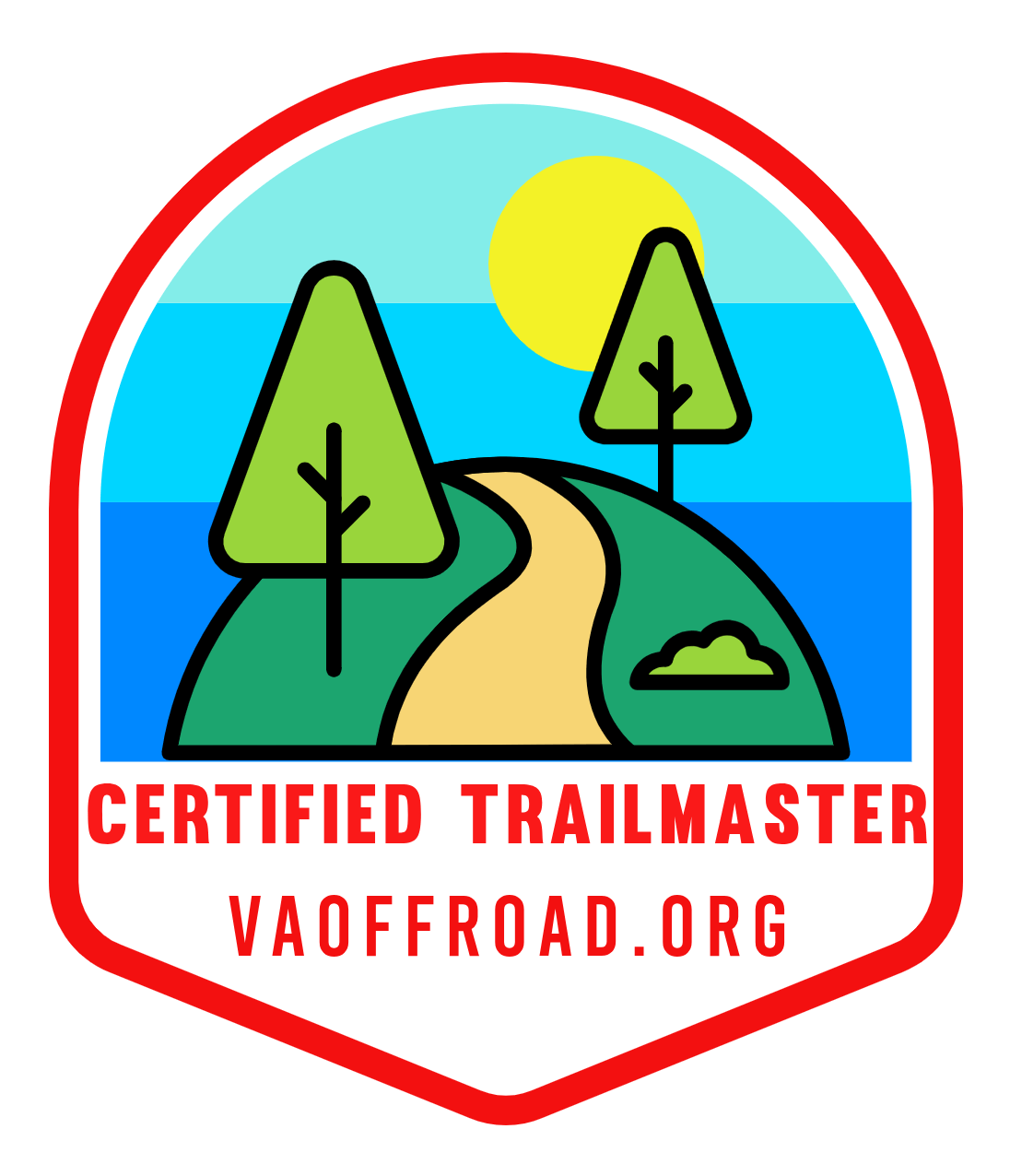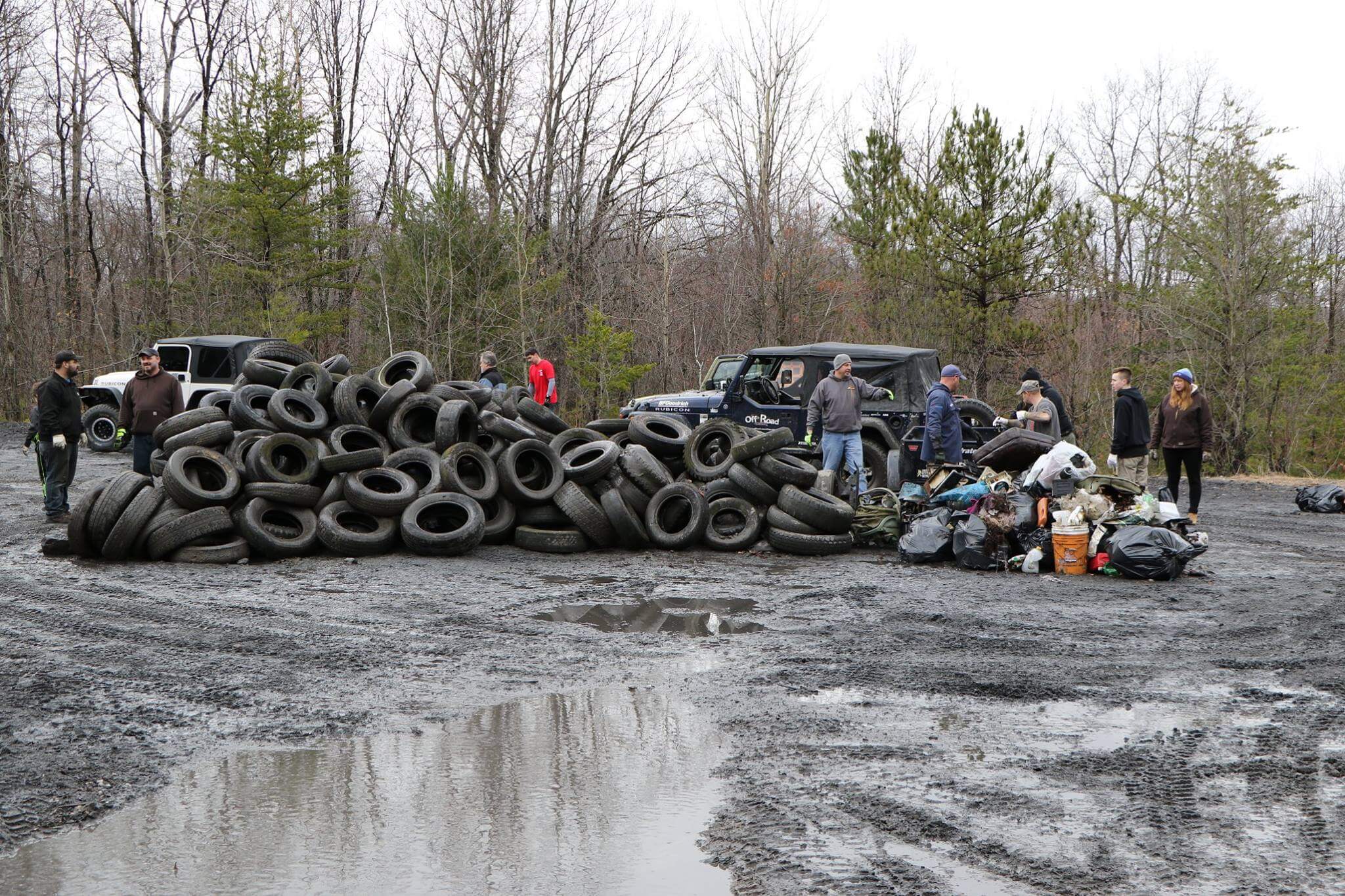
The Core Principles of Responsible Off-Roading
Essential Gear and Off-Trail Conduct
🧵 Carry Proper Recovery Gear
Every off-roader should carry a basic recovery kit, including items like:
Winch or recovery straps
D-rings or soft shackles
Traction boards
Tire deflator & air compressor
Gloves and a shovel
This isn’t just for self-recovery—it’s how you become an asset to the off-road community.

Example:
You’re wheeling with a newer driver in a stock 4Runner. They get stuck in deep sand and forgot their gear. Luckily, you brought traction boards and a recovery strap. You help them out in 15 minutes. That’s a lesson they’ll remember, and they’ll be better equipped next time.
🏞️ Never Pass Off-Trail
When stuck behind a slower group, it might be tempting to go around them off-trail. Don’t do it. Ever. This behavior leads to trail widening, habitat destruction, and permanent scars on the land. Be patient, or communicate with the driver ahead to find a safe and legal place to pass—only if the trail allows it.
Example:
You’re crawling a technical trail in your Gladiator and get stuck behind a group of overlanders in loaded rigs. Instead of going around them and cutting across fragile soil, you use the radio to ask if there’s a pull-off ahead. They let you pass at a wide turn 300 yards up the trail. No harm done—and no damage left behind.
🌟 Giving Back to the Community
🙌 Support the Off-Road Community
The future of off-roading depends on stewardship and community involvement. One of the best ways to protect access is by volunteering with trail clean-ups, helping with maintenance, or donating to organizations that fight to keep public land open.

Example:
You join a Virginia Off-Road clean-up day at Shoe Creek Trail. You spend the day picking up trash, rerouting a section that was causing erosion, and meeting like-minded off-roaders. Later, you share your experience online, inspiring others to participate. You’ve contributed more than money—you’ve helped preserve the hobby.

